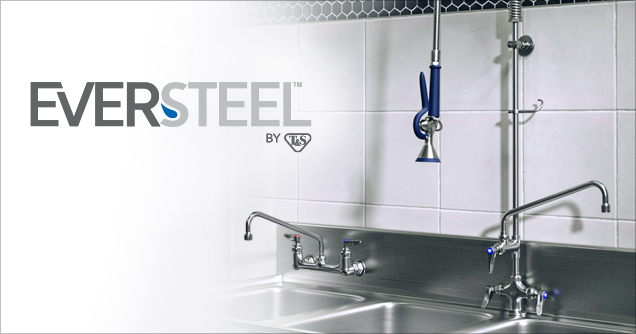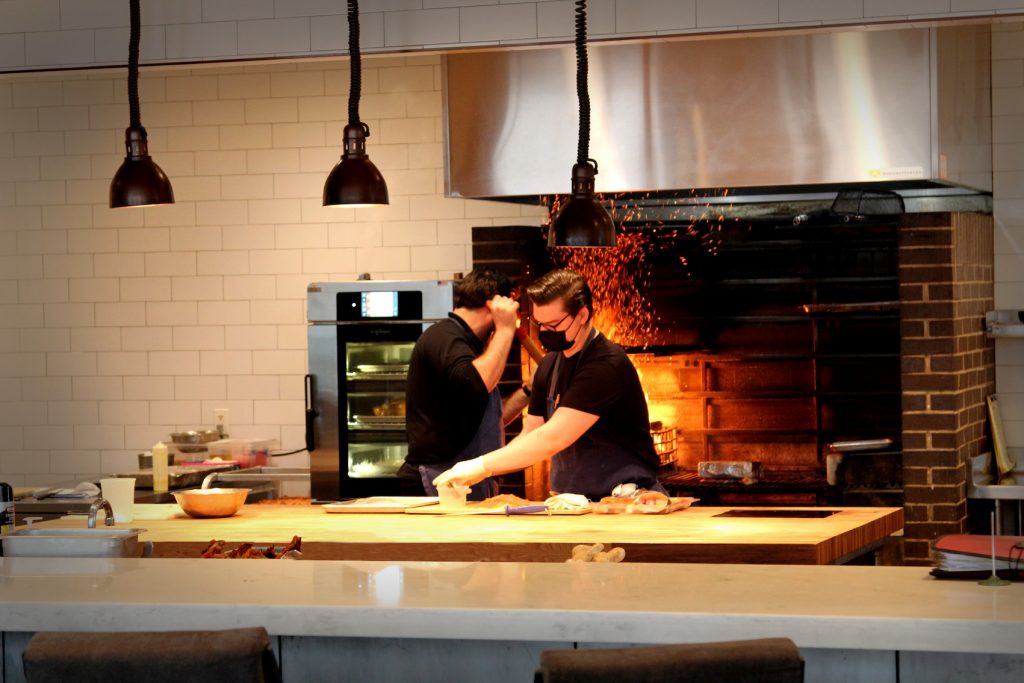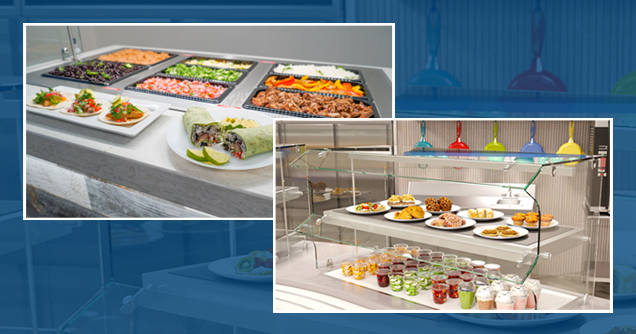
On a busy Saturday lunchtime earlier this year I catered for a diner who wasn’t just ordering gluten free (I have to assume celiac in these situations) but also darned fussy. Both myself and my maitre d’ had to take time out of the service to come up with two new dishes in order to accommodate her very specific requirements.
On a basic level I’m not sure John Q Public understands the pressure this can put on both kitchen and front of house: dishes are prepped during the morning and during a capacity lunchtime a restaurant is working agonizingly close to breaking point. A tiny wrinkle can cause a domino effect that can take a painful length of time to fix and disrupt the experience for every other table in the room. Thankfully this was navigated successfully, a prep station was cleaned down to prevent cross-contamination and the customer was able to enjoy her lunch with us. Cue happiness and peace. Until she placed her dessert order. For donuts. Because she really wanted them and was pretty sure she “would be fine”.
Having held it together for the best part of a pressured two-hour service it was here I lost my shit, partly at the selfishness of the diner but also at how indicative this scenario was of a general trend I, and many of my colleagues, have noticed gathering pace over the last five years: that as a species, we are getting really bad at digesting pretty much everything. It is killing my faith in humanity and, occasionally, my love for the job
A quieter life
The incredible rise of food allergies has been fuelled by a savvy media and numerous lifestyle bloggers who peddle health practices prescribed by self-appointed nutrition experts and wellness practitioners whose ideas, methods and diets have little to no basis in actual scientific research or proof of efficacy beyond the anecdotal.
As a result, my tasting menu is now entirely gluten free. The constant frustration of having to tweak, change and alter so many elements on so many dishes simply wore away at my defences to the point where I had to hold up my hands and admit defeat. I’ve found alternatives to breadcrumbs. I’ve mastered a flour-free roux and after months of trying I’ve finally created an edible gluten-free bread that we make in batches and freeze, ready to pop in the microwave when we have a request for one (if you must know the recipe is in Thomas Keller’s Bouchon Bakery book and it rocks, although it does contain the evil that is lactose). Do these changes make my food better? No, but they make for a peaceful life.
At the more serious end of the scale there is the issue of frustration, complacency and resentment setting in among chefs who are regularly messed about by diners. The more often this happens, the less likely we are to take allergies seriously.
At the sharp end
An allergy is an auto-immune response to the body thinking it contains something it deems a threat. An allergic reaction, at its most serious, will result in hives or rashes, stomach cramps, nausea, vomiting, anaphylaxis, a closing of the airways, chronically low blood pressure, unconsciousness and – thankfully only rarely – death. That slightly bloated feeling you get after eating a dinner roll followed by three courses of very rich food and a plate of cheese? That’s called feeling full. Don’t blame the dinner roll and certainly don’t make me rewrite my entire menu just because Gywneth Paltrow extols the evils of gluten. You’re making chefs resentful and putting genuine sufferers in danger.
The extra burdens and responsibilities that are being shifted from diner to chef are increasingly tiresome. It’s far easier to blame an external factor – you no longer have to shoulder that responsibility because now you have something to blame.




